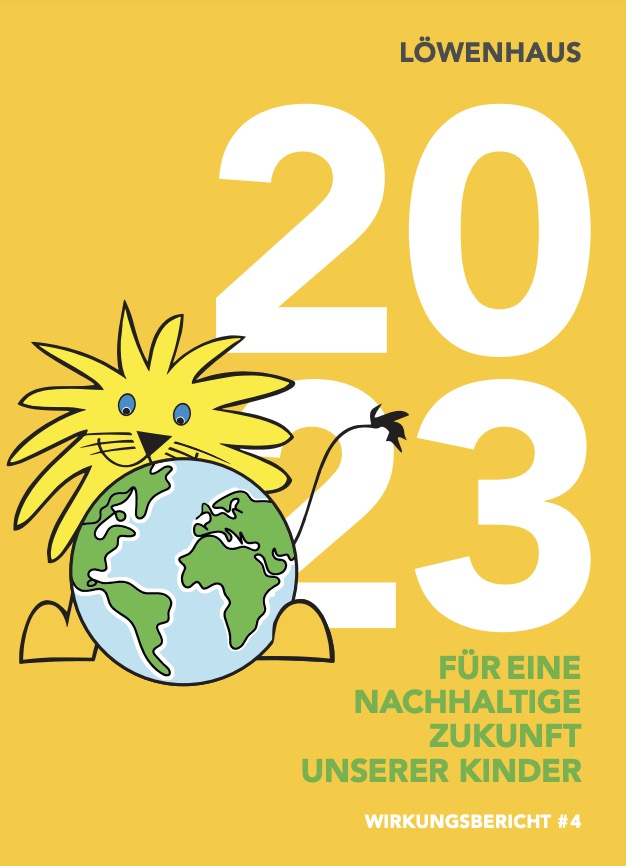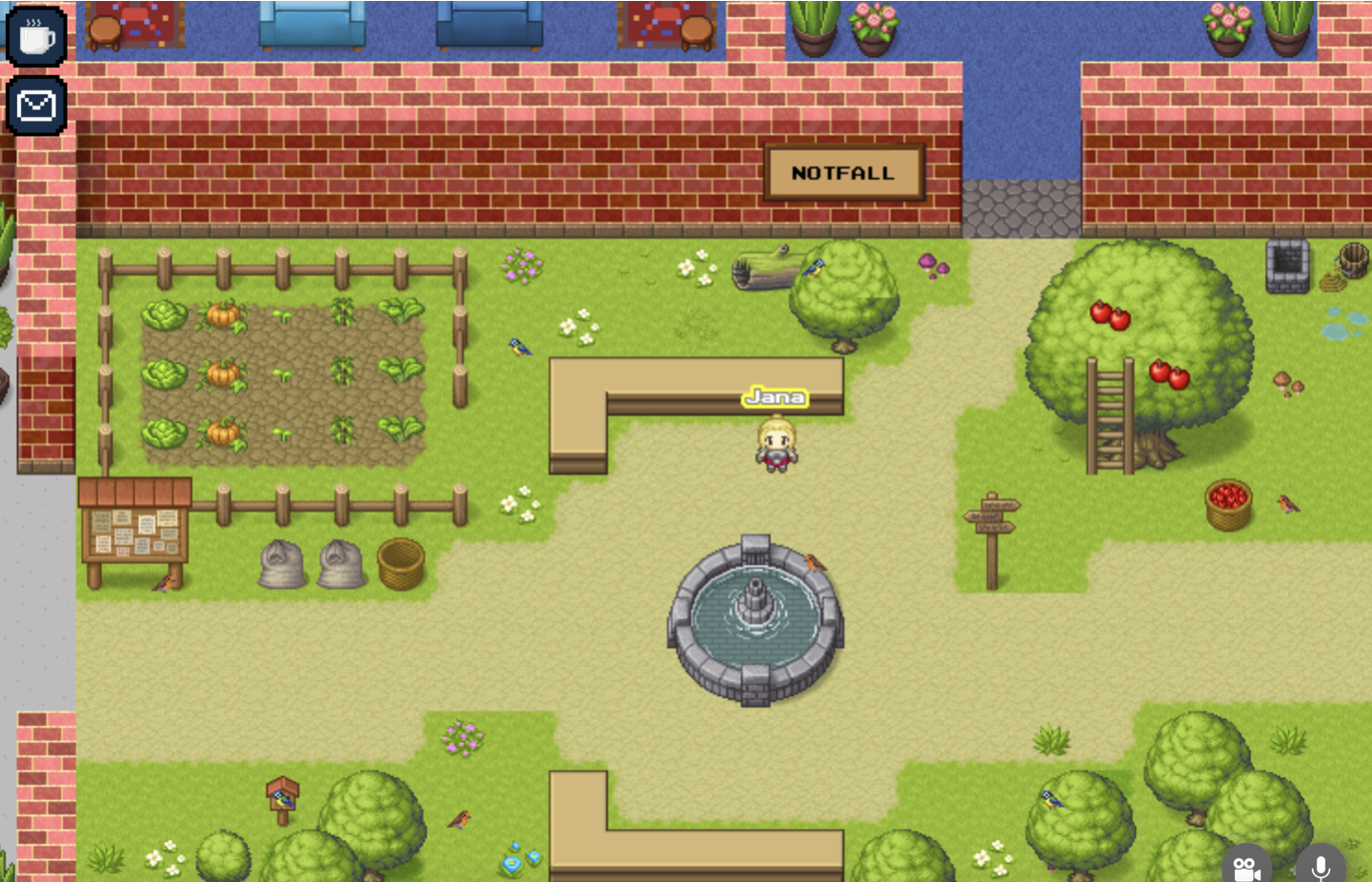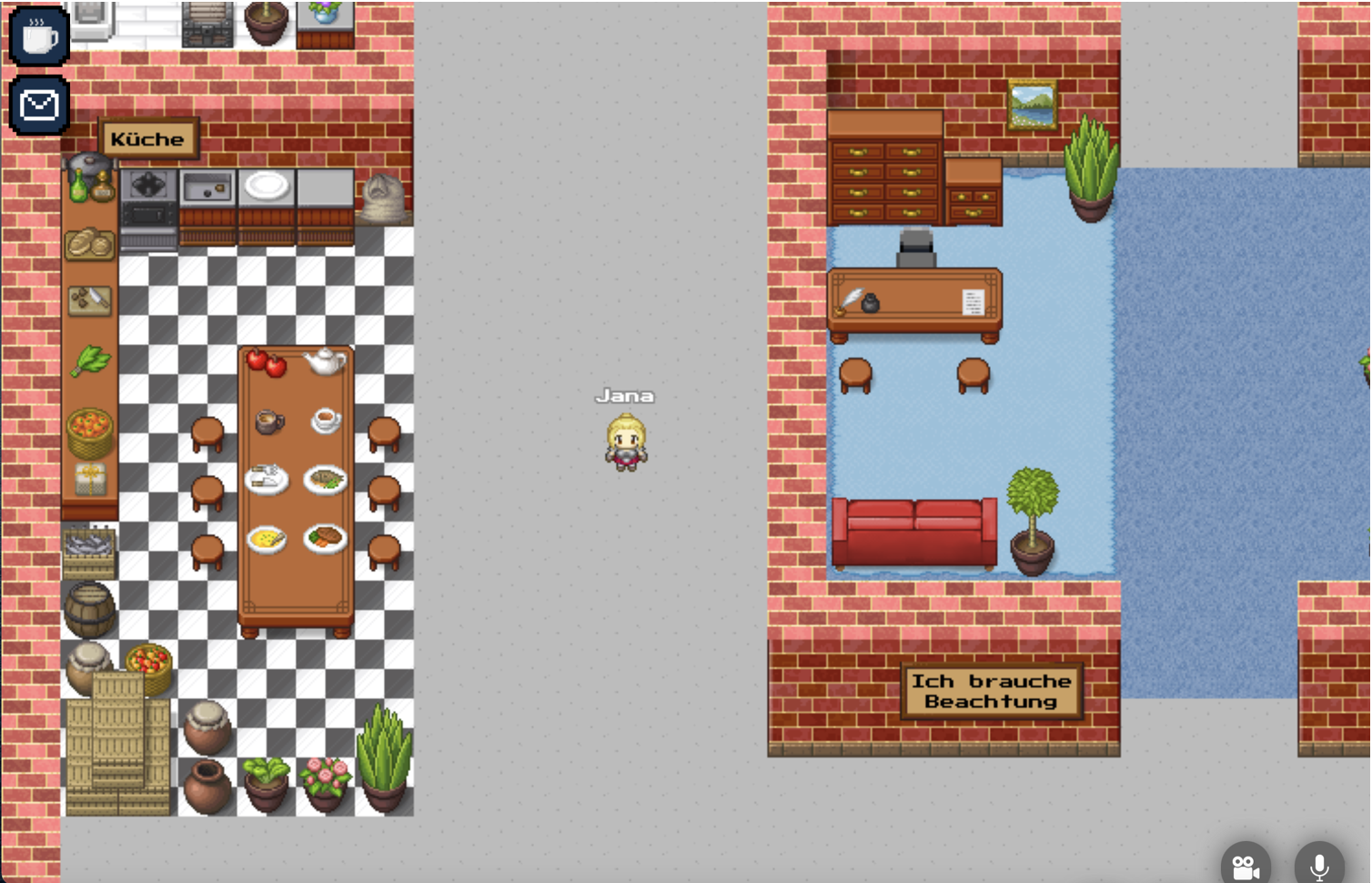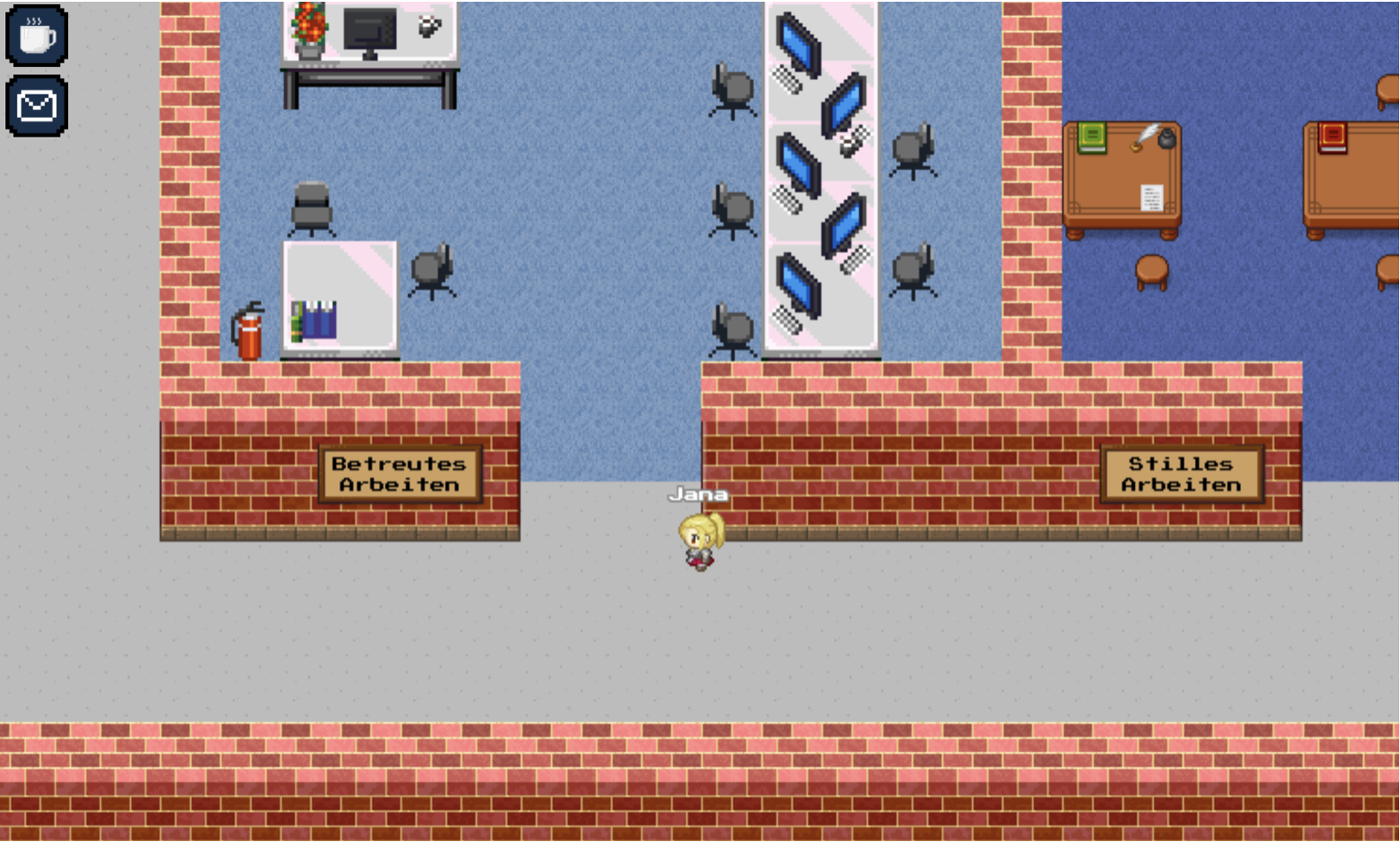Startseite
Focusbereiche
FOUNDATIONS
Foundations are active in areas of society that have recently been exposed to rapid developments and changes. While, for example, digital transformation offers great opportunities for foundations to perform their work more efficiently, it also presents a major challenge to their reorganisation. Moreover, regional problems in a networked world are rapidly growing into complex, unmanageable crises with global effects, while alternatives to conventional, absolutely safe investment models for foundation assets – such as cryptocurrencies – are emerging on the already agile capital market. In addition, impact and impact transparency is becoming significantly more important to the work of foundations. People want to understand the result of their engagement. Foundations that want to work successfully and effectively must therefore be prepared to establish new structures, procedures and processes.
IMPCT provides support and advice during this fundamental change. We identify new potential in both the foundation itself (strategy, organisational development) and in the projects that foundations support and fund through in-depth analyses of existing foundation constructs. We work with them to sharpen their profile and their role as active shapers of civil society, thereby increasing their impact and the transparent communication of the concrete results of the foundation’s work.

REIMUND C. REICH FOUNDATION – HELP FOR PEOPLE IN NEED
Reimund C. Reich has always been passionate about helping people in need. In 2008, he established a foundation to support charitable associations and social institutions in and around Hamburg. The number of projects supported has been steadily increasing ever since. The focus of the commitment of the Reimund C. Reich Foundation is the sustainable help for people, for which it awards one million euros to promising initiatives every year. It attaches particular importance to long-term approaches that help people in difficult phases of life. The foundation has cooperated with the majority of the supported projects and associations for many years; some of them have grown into indispensable institutions.
Reimund C. Reich personally examines all funding applications, visits the institutions and speaks with the administrators. He particularly appreciates organisations that might lack a strong lobby but that exhibit extraordinary commitment and convincing ideas. “We don’t simply send out cheques,” emphasizes the foundation’s founder.
Support for
Foundations
Are you a foundation looking for high-impact projects that match your values? Please contact us by e-mail
NGOs
The European Green Deal, which regulates the reduction of emissions by 2050 at the political level, has finally made a rethinking of the economy in favour of more sustainability inevitable. With new production methods, markets are changing. In times of such profound transformation, NGOs are also called upon to rethink their own work and to develop their involvement in line with the times. This requires an adequate organisation, the right team, and a promising approach.
Yet many NGOs miss out on influence and clout because of their imprecise content profiles, too little or too complex internal structures, full-time work colliding with voluntary work, or lack of money. In order to save NGOs from despair in the face of this demanding change and to help them achieve real impact, IMPCT helps foundations by analyzing their potential, finding experts, assisting with the development of capital and funding sources, and providing support with the establishment of their own revenue streams.
Löwenhaus - Lion House
As a firmly established institution in Harburg, the Lion House paves the way for a self-determined future for children and young people from currently 18 countries. For the children and young people aged six to 14 (but often older), who come from a socially challenging family and social environment, the Lion House is an important contact point, their second home, as a physical and digital place. Here, the children and young people receive the protection and security they need for their further development. Based on the 5-pillar model developed by IMPCT (health, creative, cultural and personal development, education, sustainability and digitalisation), which defines the basis of the daily work of the Lion House, the children and young people gain knowledge necessary for their development in the form of daily activities, workshops and educational units. Furthermore, the children have access to motivating homework supervision, varied meals, games, fun as well as diverse leisure activities.
IMPCT has already been supporting the Lion House in Harburg since autumn 2019. Together with the management of the house, we have developed a sustainable, effective overall strategy for this important place, promoted its digitalisation and public presence, and designed an effective fundraising, which receives an important basis through the impact report developed with us annually. Meanwhile, the Lion House stands for the consistent implementation of the Sustainable Development Goals (SDGs) of the United Nations. The children and young people are increasingly sensitised to the issue of sustainability and can use their own levers to engage against the tangible consequences of the climate and biodiversity crisis. To date, the Lion House counts more than 2100 cared-for, happy children who go into the future strengthened.
Kulturpunkt - Culture Point
Since 2010, Culture Point has been the creative resonance space of the supporting association Kulturhaus Dehnhaide e.V., in the Community Center Barmbek Basch. In addition to art and cultural projects with local and international references, Culture Point positions itself in relation to current trends and thus has an impact far beyond the neighbourhood. As a socio-cultural cosmos with a high transformational character that inspires everyone across generations for projects, Culture Point incorporates inclusive, diversity-related and intercultural themes. In addition to classic event formats, Culture Point focuses on innovative and digital mediation and educational concepts with the active participation of the people living in the district. It cooperates with various networks and, as part of the Barmbek°Basch Community Centre, works together with other cultural and social institutions in an interdisciplinary way.
Since 2019, IMPCT has been supporting Culture Point in strategic issues, such as positioning or differentiation potential, but also in fundraising and digitalisation. In doing so, we always try to multiply the great potential of this institution and to emphasise the social added value of the cultural and social network.
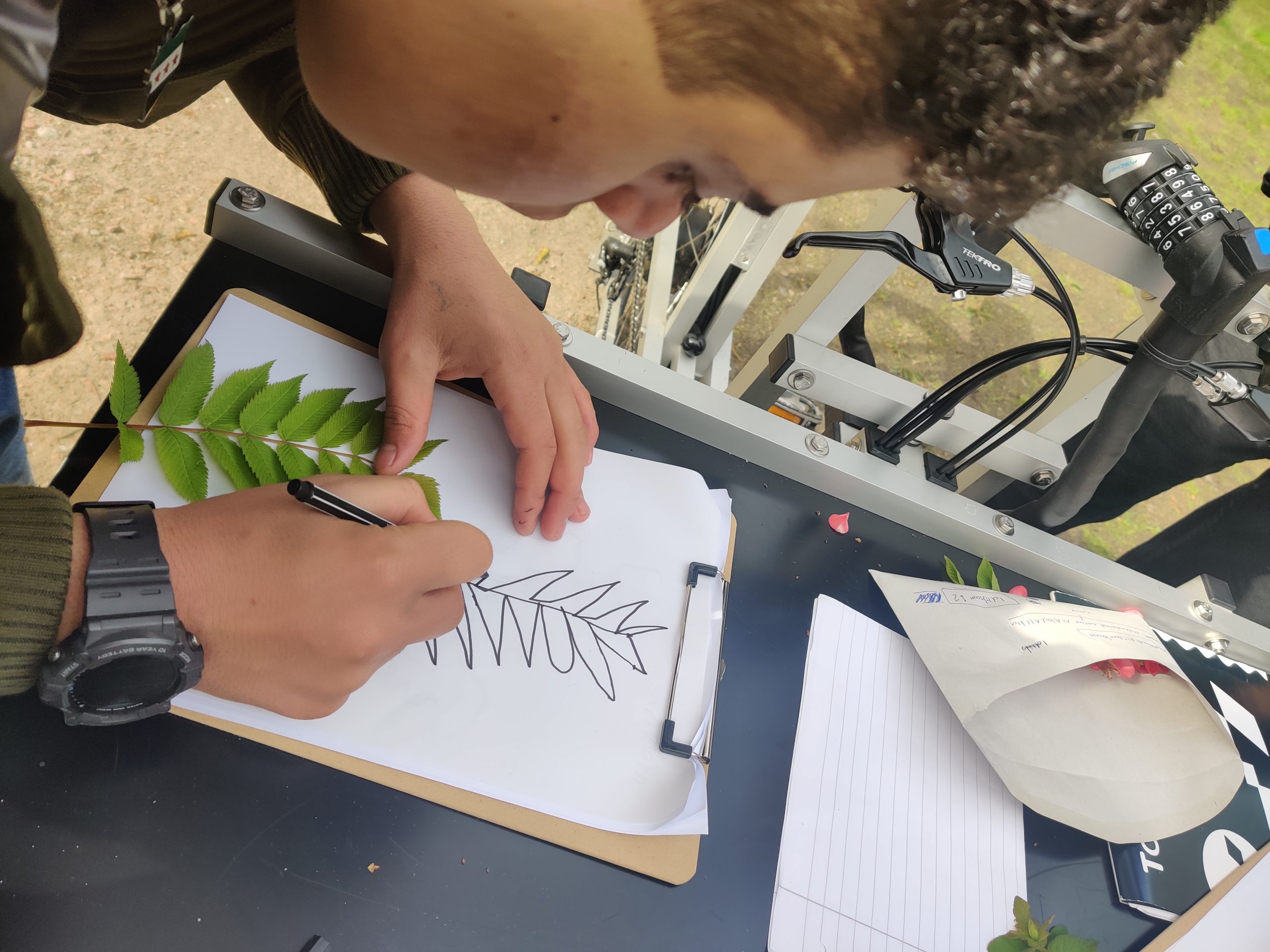

Justdiggit
Justdiggit’s mission is to stop global warming and the drying out of the earth, as well as irreversible damage to the planet. The current place of action is sub-Saharan Africa. Together with local cooperatives and communities, Justdiggit is implementing restoration programmes that use traditional, scalable and easy-to-use techniques to restore the landscape. Different methods are used depending on the ecosystem. For example, if the soil is very hard and bare, “bunds” (semi-circular holes) are dug, which encourage the accumulation of rainwater and the subsequent greening of the land. Justdiggit aims to inspire local farmers about the positive impacts on the land and the people, in order to positively influence biodiversity while testing and evaluating new ideas and innovations. For maximum impact, Justdiggit uses the power of communication and (mobile) technology to educate farmers across sub-Saharan Africa. Justdiggit develops global online and offline education campaigns to promote nature-based solutions and encourage entire generations to restore the landscape. The overall goal is to work with all 350 million farmers to green entire swathes of land in Africa over the next ten years. To date, Justdiggit has restored 300,000 hectares of degraded land, planted over 9 million trees and built a grassroots movement that is growing every day. Justdiggit relies on the help of news, ads, social channels, conversations and most importantly, common sense. Justdiggit calls for real solutions to be tackled in the face of climate change.
Since 2022, IMPCT has supported Justdiggit’s all-important goals. We assist with strategy and partnering, and help raise awareness.
Sports20
Sports for Future (sportsforfuture.de) and IMPCT gGmbH (impct.help) found Sports20 – a non-profit platform for a new way to achieve the 17 United Nations Sustainable Development Goals (UN SDGs) through sport in an implementation and impact-oriented way.
With its values of team spirit, solidarity and commitment, sport is a unifying force in society. It can set a positive example, show ways to achieve the necessary transformation, reduce existing fears and prejudices, inspire enthusiasm for upcoming changes and inspire as many people as possible to act sustainably. Sport can therefore show a positive, transformative image of the future, that another world is possible. Sports20 provides a technical framework for this and, in addition to a structure and communication space, offers in particular the network to have a broad impact. This is how the Sports 4 another World (S4AW) concept is created in cooperation.
S4AW creates a cross-sport framework for holistic contributions to all 17 SDGs, which at the same time represents a benchmark for sport in the area of sustainability. The framework is intended to enable all sports organisations and players – regardless of whether they are large sports associations, professional clubs, ambitious recreational clubs or individual athletes – to identify goals and fields of action for their own transformation in an easily accessible and clear manner in order to contribute to all 17 SDGs.
In addition to changes to minimise the “footprint”, i.e. the negative effects on people and the environment of one’s own activities, the focus is on the “handprint”, i.e. the positive effects and contributions to people and the environment through one’s own actions that have an impact far beyond one’s own sphere of influence, sport and its players.
For orientation purposes, the 17 SDGs are assigned to six different fields of action (1. supply chain, 2. own embedding in the environment and surroundings, 3. use of resources, 4. environmental impact, 5. dealing with people and 6. responsible leadership and relations with public institutions). They are then broken down into three topics to be addressed and provided with principles that outline an ideal of sustainable action. As a target picture, this should help to identify central levers and levers for substantial contributions to all SDGs and to initiate effective changes in one’s own sphere of influence and beyond. In addition, all actors in sport will be offered an implementation-based guideline that makes the interdependent SDGs manageable. We will deepen this framework through international cooperation and place it on international platforms.

Social Businesses
Social entrepreneurs draw their strength from inspiration and empowerment. IMPCT offers them the perfect contact point where professional entrepreneurship, interdisciplinary networking and creativity pave the way for social businesses to achieve real social change. With every successful social business, it becomes clearer, even for those who have doubts, that another world – in the sense of a change towards a sustainable economic system – is possible. By giving form to social businesses as a connecting element of politics, society and the second and third sectors, the challenges of our time can be solved together.
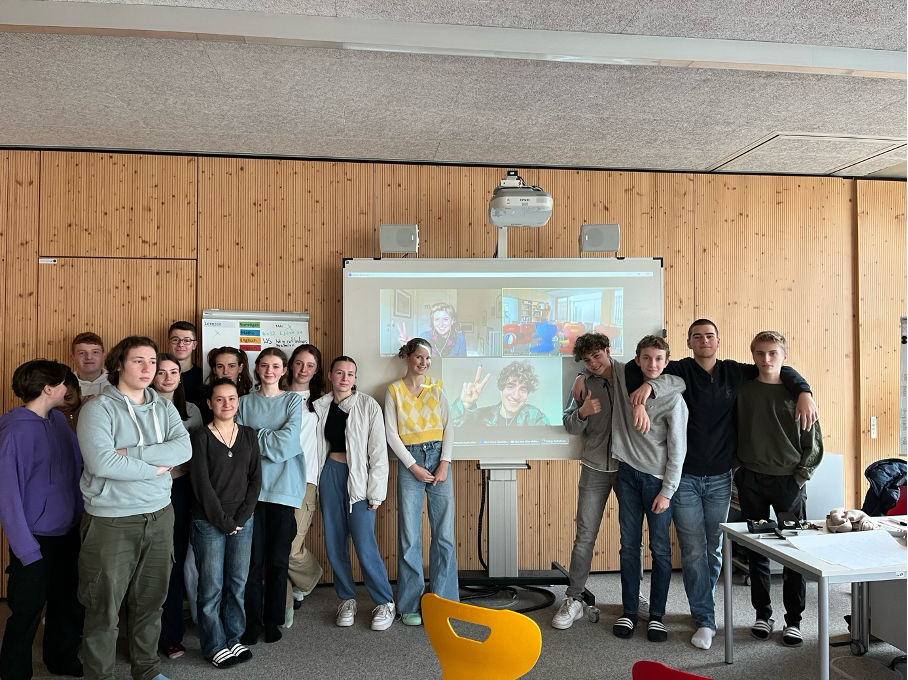
DIGITALSCHOOLSTORY gUG
The company DigitalSchoolStory gUG emerged from a hackathon in 2020. As one of 15 winning teams, the founders quickly turned their idea into a non-profit company. DigitalSchoolStory’s approach involves pupils in years 5 to 13 translating learning content from the classroom into modern, creative videos. This turns them from consumers into active creators – at school, online and in society. On the one hand, they access the content in a modern way from their living environment, and on the other hand, they gain new access to social media. Young people learn and practise the 4K+ skills (communication, creativity, critical thinking, collaboration and media skills) using this scientifically evaluated method. At the same time, they learn about their self-efficacy and how to organise, carry out and present projects co-creatively and independently. Above all, however, the focus is on having fun while learning and preparing for future challenges in professional life. The learning method is also used at vocational schools, universities and in a corporate context. The Fraunhofer Institute for Applied Information Technology (FIT) has scientifically confirmed the skills acquisition achieved through this method.
IMPCT has been supporting DigitalSchoolStory with strategy and fundraising since March 2024. In addition to strategic development, IMPCT helps in particular with the selection, approach and acquisition of suitable funding partners to enable systemic change and social transformation in education and society.

DIALOGHAUS HAMBURG gGmbH
23 years, 120 employees, activities in 40 countries and 1.7 million visitors – Dialoghaus Hamburg is a success story in the field of social business. With the founding of the Social Science Centre, which promotes topics such as inclusion, diversity and participation in cooperation with science, business, technology, industry and politics, Dialoghaus Hamburg opened a participatory and interactive experience space that researches, develops and communicates inclusive approaches and solutions for a new social togetherness. IMPCT supported Dialoghaus Hamburg in its orientation, in sharpening its DNA and in lobbying for the Social Science Center.
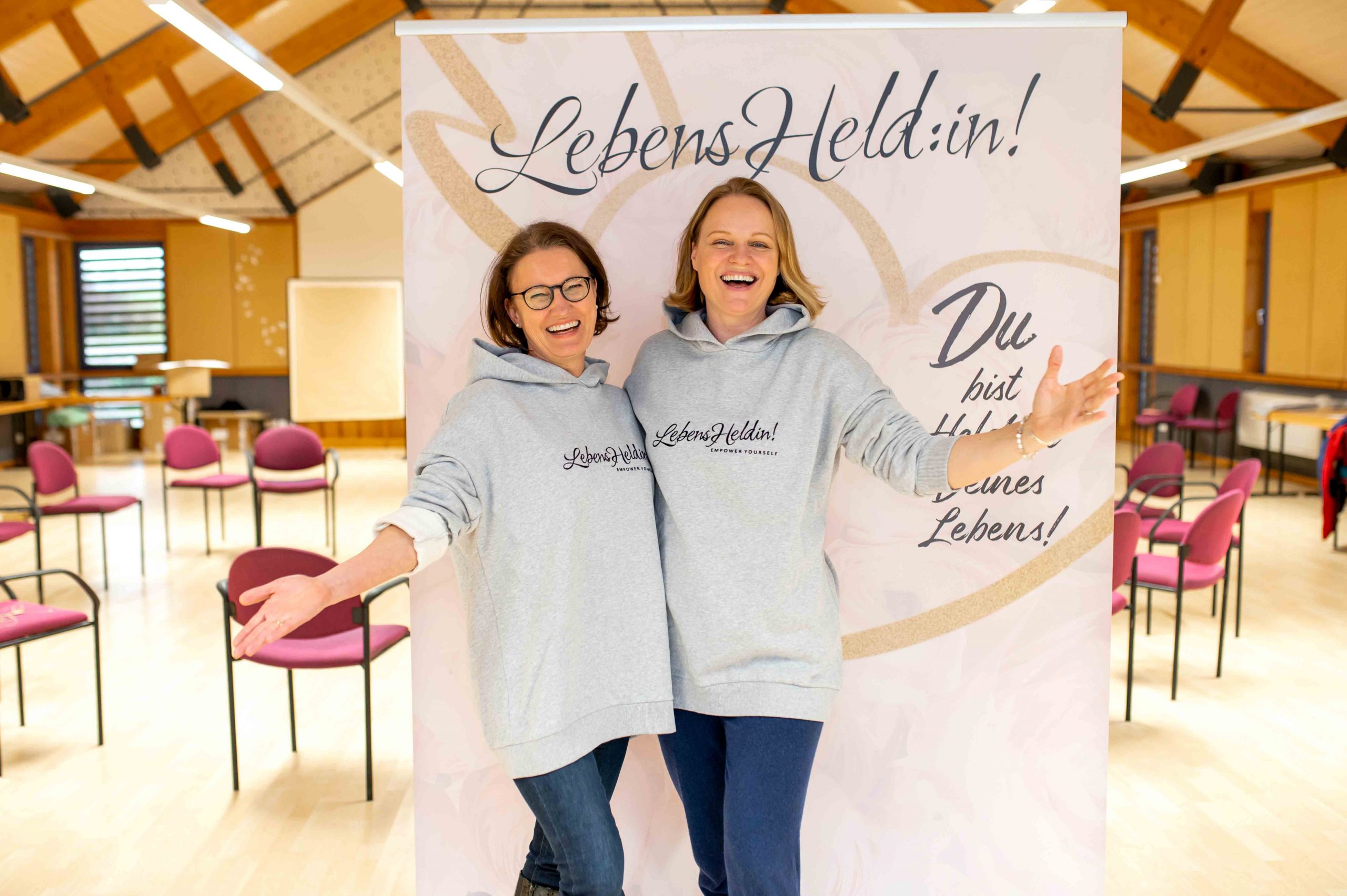
Lebensheld:in! UG
Cancer concerns us all! Silke Linsenmaier and Isabella Ladines are pioneers in setting up and running the social enterprise Lebensheld:in UG and the NGO Lebensheldin! e.V. for a new way of dealing with cancer.
With the focus on: De-stigmatisation, de-tabooisation, awareness and reorientation after cancer. The offers fill a gap in the health system and in professional interaction: Workplace health promotion, workshops and online congresses for companies who want to support their team in dealing with cancer in everyday work life.
The Lebenheld:in! UG is also a service provider for LebensHeldin! e.V. (www.lebensheldin.de) and is committed to supporting this non-profit organisation at all levels. Since 2022, IMPCT has been providing valuable support for the important goals of Lebensheld:in! UG as well as Lebensheldin! e.V.. In doing so, we advise both strategically and in the development of partnerships and suitable funding.
ECONOMY
Economic activity that generates profit regardless of the consequences is no longer in keeping with the times. For many companies, returns on investment are therefore no longer measured by balance sheets alone. Instead, the environmental and socio-cultural contribution of the economy is gaining in importance. Profit-maximising ignorance of social responsibility is increasingly being punished by consumers and their growing awareness of sustainability.
IMPCT stands for a new, sustainable way of living, doing business and working that leads to healthy cycles. Our mission is to communicate to the business community that “purpose” cannot be an empty promise, and that CSR and CSX go far beyond simply separating waste in the company. We also support non-profit actors that focus on sustainability with our effective strategies, positioning and organisational development.
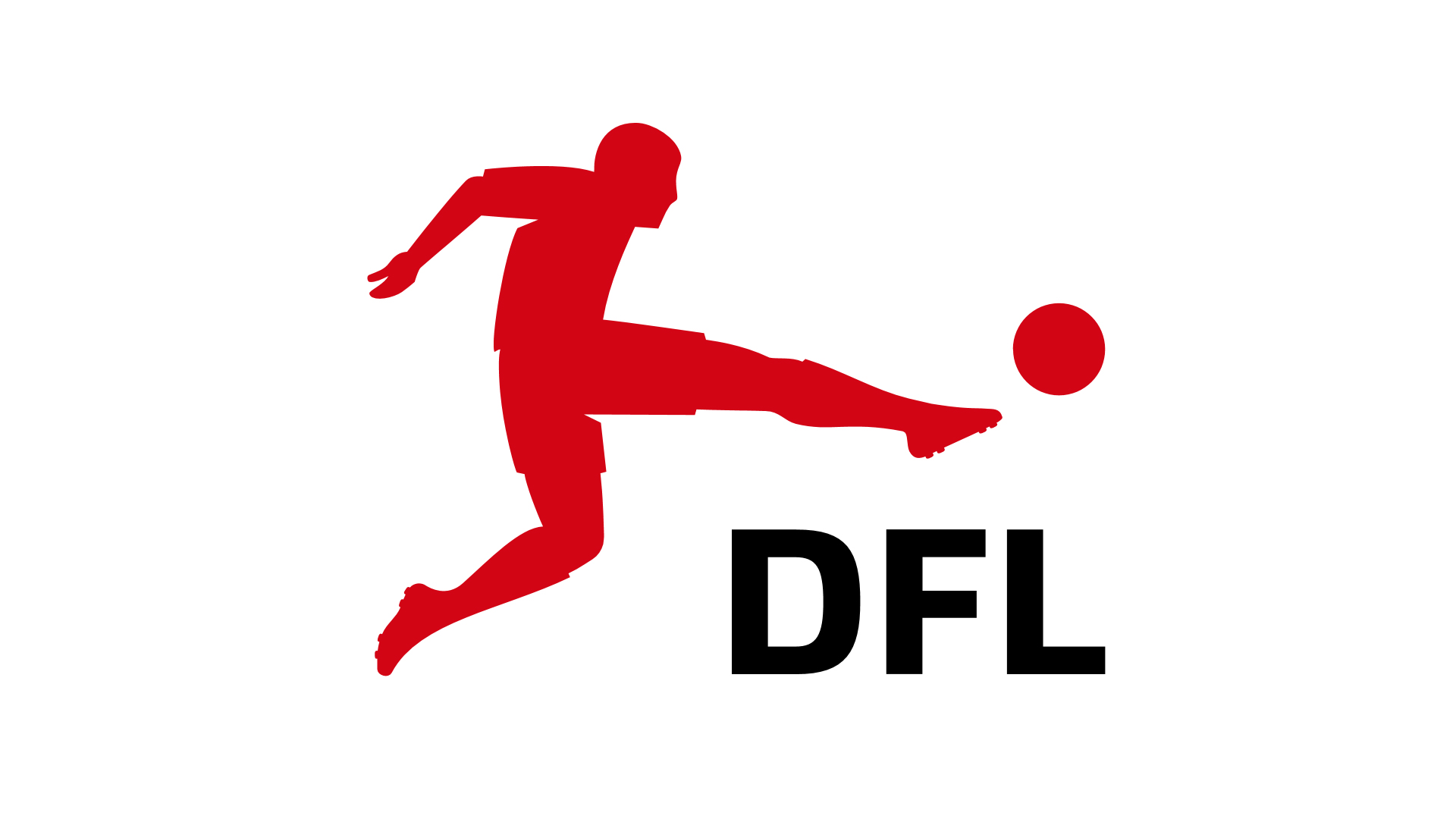
SUSTAINABILITY STANDARD FOR THE BUNDESLIGA AND 2. BUNDESLIGA
Anchoring sustainability criteria in the licensing regulations – this goal has been implemented by the German Football League (DFL) in consultation with the clubs of the Bundesliga and 2nd Bundesliga. To this end, the IMPCT gGmbH was commissioned by the DFL to develop a corresponding catalogue of criteria that includes all three interrelated and mutually dependent dimensions of sustainability – economy, ecology and social issues – taking into account the SDGs. This process was carried out by the DFL and IMPCT gGmbH in joint coordination, so that the clubs of the Bundesliga and 2nd Bundesliga decided at the DFL members’ meeting in winter 2021 that the sustainability criteria developed would become part of the licensing procedure and would be successively implemented in all clubs.
Previously, the importance of sustainability had also been emphasised in the summary report of the results of the “Taskforce Future of Professional Football” set up by the DFL. Between October 2020 and January 2021, 37 experts from the fields of sport, society, science, politics and business worked together in three interdisciplinary working groups to discuss relevant topics and issues concerning the future of professional football. In the result report, consisting of a Vision 2030 and 17 recommendations for action, the topics of sustainability & social responsibility were a focus.
“The setting of a sustainability standard is intended to create a framework for action and orientation for the clubs in the Bundesliga and 2nd Bundesliga and thus provide impetus. German professional football can thus take on a pioneering role and underline the relevance of the topic of sustainability beyond sport,” says Tanja Ferkau, Managing Director of IMPCT gGmbH, who was also a member of the task force.
To facilitate the implementation of the sustainability criteria, the DFL offers the clubs various support services through consulting firms. Within this framework, IMPCT has already been able to accompany RB Leipzig, 1. FC Heidenheim, Fortuna Düsseldorf, TSG Hoffenheim, Hertha BSC, 1. FC Nürnberg and Holstein Kiel on their way to sustainability and provide impulses for more sustainability in the clubs and beyond.

Hamburger Volksbank
Fairness, solidarity and partnership describe the cooperative values of Hamburger Volksbank. These values are adhered in the course of on a par communication with customers, but also serve as guidance for behaviour among employees as well as with others in general. As an important player rooted in Hamburg, Hamburger Volksbank is highly committed to the region. In order to further strengthen this initiative, IMPCT has prepared a study that outlines how Hamburger Volksbank can position itself even more strongly as an active shaper of the city of Hamburg through sustainable commitment.
Investment
Good intentions alone are often not enough. “Those who have, can” – even the best ideas for sustainable change require the necessary capital to unfold their full effect. It is only with the right investment that the non-profit “third sector” succeeds in turning solutions into reality, scaling them up and making them big. IMPCT is the mediator between these worlds: we connect important content with the right sources of capital.
We connect capital with the right ideas. We seek out the organisations and projects worth supporting with “green” or “social” money. We use standardised and specially developed KPIs to ensure economical, ecological and socio-cultural impact transparency and return on investment.
OWN PROJECTS
IMPCT sees itself as a pioneer of the best ideas for a sustainable society. Sometimes, however, we are preoccupied with things for which we have not yet found an adequate solution in our network or in the market. Then we simply become active ourselves and create our own offers and initiatives, which we find important and which we have missed so far. Through the set-up with the IMPCT for Change GmbH, the gGmbH is able to finance and implement projects completely neutral & independent.
MY HOOD - THE LEARNING AND SUPPORT APP FOR CHILDREN AND TEENAGERS
Even in normal times, many children receive little support at home – in education, creativity, exercise, and similar areas. In times of crisis, illness or staff shortages and associated closures, this problem is exacerbated because children and young people can no longer take advantage of external childcare services. my hood is a learning and support app specially developed by IMPCT for children and young people from challenging social environments, which extends the presence of children’s and youth centers into the digital realm to tackle this problem.
my hood makes it possible to use and even supplement the wide range of services offered by the facilities outside regular opening hours, in case of illness or other absences. With the help of partners, we have already acquired, we want to guarantee children and young people bundled access to education and support in seven thematic areas. This includes crisis intervention and prevention support through professional online counselling for issues such as addiction, violence, or depression. There are educational and support services through the provision of 2,000 curated e-media as well as targeted support and preparation for final exams such as ESA or MSA. In addition, my hood offers sports and exercise programs through training and hands-on videos from qualified coaches, as well as the opportunity to stay in touch with friends through an intuitive video function. my hood offers a low-threshold way to reach children and young people in the digital space. It harnesses the strengths and benefits of this world while encouraging a critical approach. This creates a safe space that children and young people need to realize their full potential and shape their own future. In this way, my hood helps to promote equal opportunities and educational equality.
A beta version of my hood has already been successfully tested by institutions in Hamburg. In the future, in cooperation with our partners, my hood will be made available free of charge to organizations across Germany. We also need financial support to implement the app and ensure access for children and young people. If you have any questions or are interested in supporting us, please contact us by email.
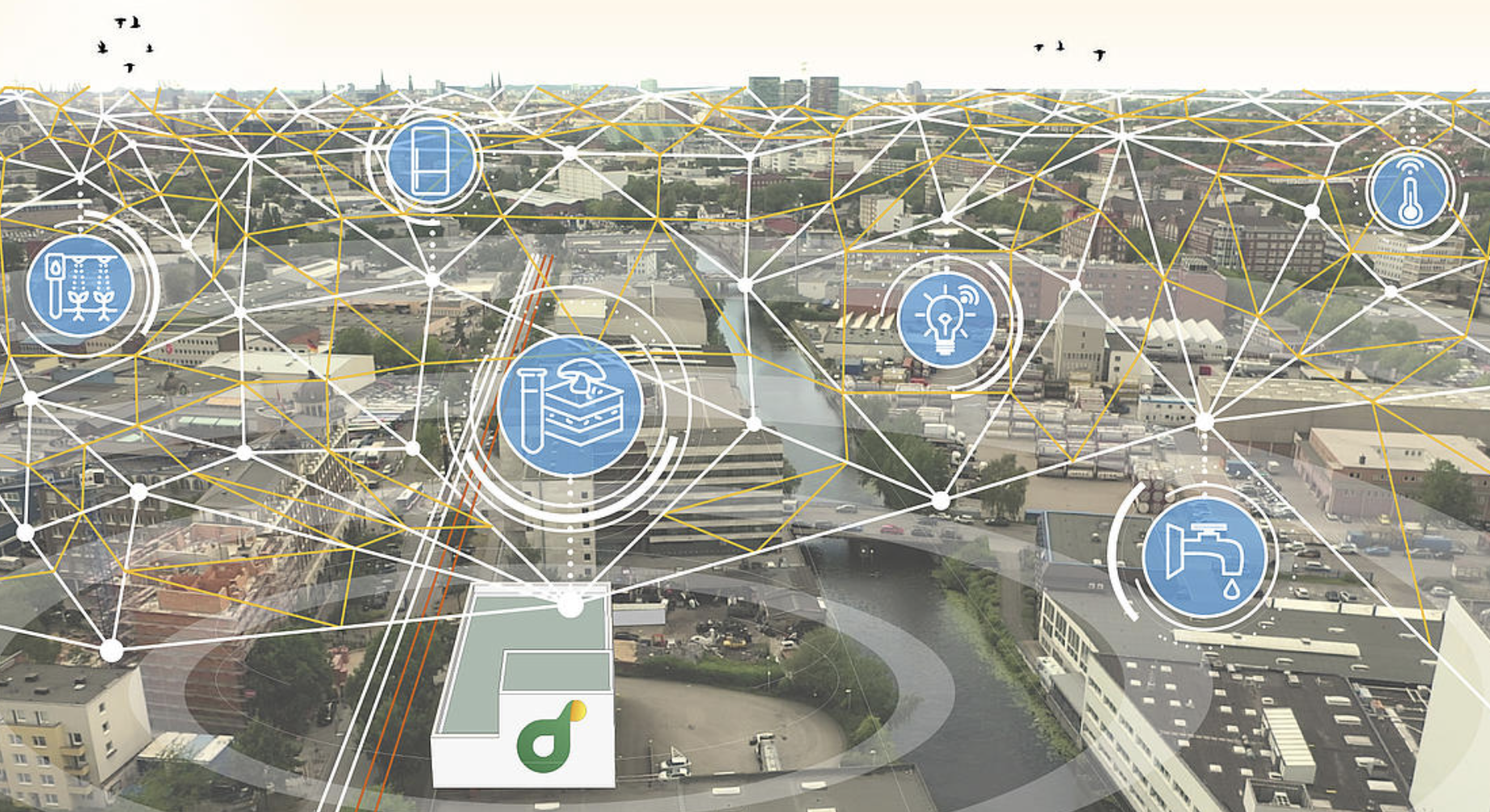
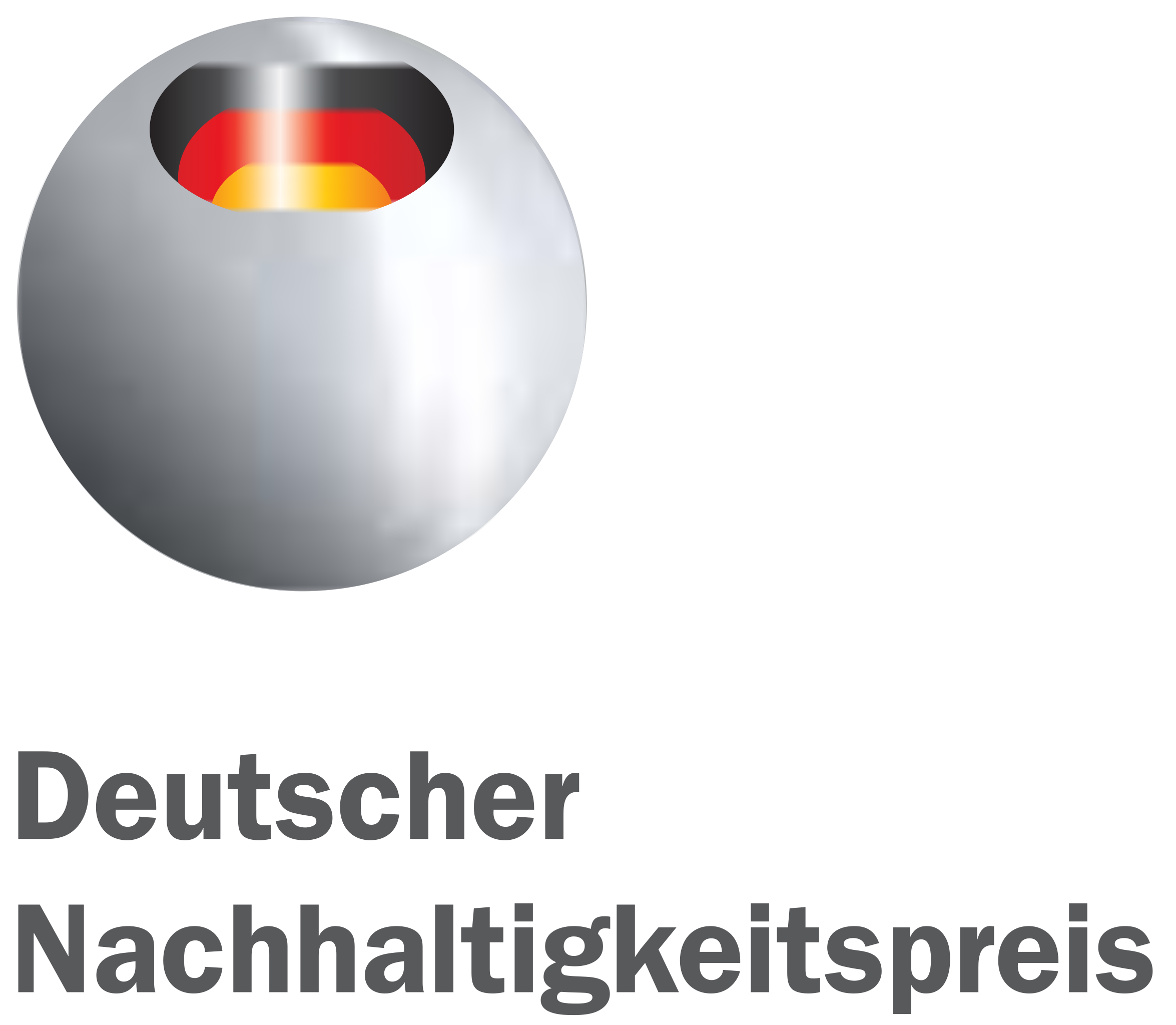
LOOPSAI - ARTIFICIAL INTELLIGENCE OPTIMISES MATERIAL CYCLES
In urban areas, numerous raw and nutrient materials accumulate, which often end up as waste and have to be disposed of expensively. But what if we could better utilize these resources by closing material cycles and using waste products from other companies as raw materials?
This is exactly where the intelligent software “loopsai” comes in. It enables the networking of individual material flows in the sense of resource efficiency and can develop economically viable solutions for material cycles across different companies. loopsai creates digital twins of companies, showing what raw materials they purchase and what waste products they produce. With the help of sensors, there is a learning interaction between the company and its digital twin, enabling loopsai to continuously learn and develop solutions for complex material cycles in all industries.
The software is available as open source and requires only a few pieces of information to get started. IMPCT aims to not only capture and better understand highly complex material flows but also connect them in a way that creates a closed cycle. This could not only improve supply and demand but also save valuable resources and reduce transportation distances.
The German Sustainability Award is recognised loopsai’s idea in 2021 by placing it among the top three recipients of the German Sustainability Award for Research.
CDR ACTION PLATFORM
We all know that we are moving too slowly to stop climate change. The limit of 1.5 degrees of global warming (Paris Climate Agreement) has almost been exceeded. Reducing CO2 alone is not enough, more is needed. We have come up with an idea that we want to implement with you as soon as possible. By removing CO2 from the atmosphere, CDR (Carbon Dioxide Removal) is a key component in achieving net zero emissions. However, most CDR technologies and processes are not yet commercially viable. Moreover, there is little public debate on the subject. But there is an urgent need for action: basic research, attention, funding and, above all, implementation. We at the IMPCT are building bridges – with the “CDR Action Platform” to accelerate CO2 removal. We bring together different actors from science, politics, business and civil society, ensuring dialogue and building an effective network. If you have any questions or are interested in the “CDR Action Platform”, please contact us by email.
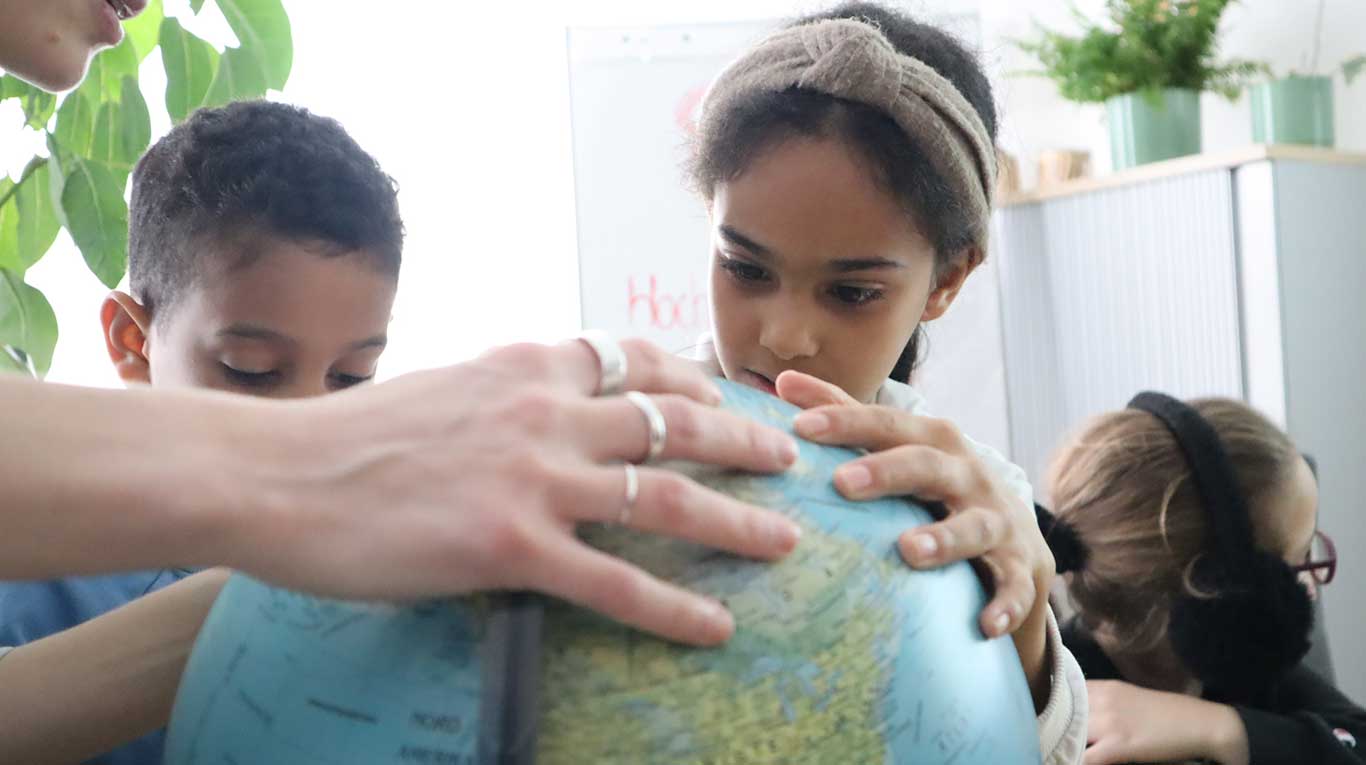
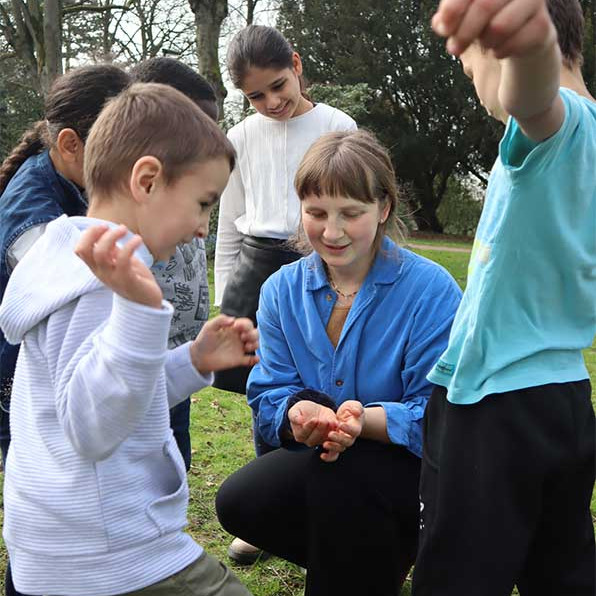
UNDERSTANDING AND LIVING SUSTAINABILITY - FOR EVERYONE
The “Understanding and living sustainability – for EVERYONE” project is a series of workshops specifically for children and young people that are based on the 17 SDGs, the UN’s Sustainable Development Goals. Sustainability is often still seen as a luxury topic that is primarily relevant and achievable for wealthy people. However, the effects of the climate crisis affect everyone, regardless of social status and age. It is therefore particularly important to integrate young people from socially challenging backgrounds into education and awareness-raising programs. This is the only way we can give them the opportunity to make sustainable decisions. After all, it is the children and young people of today who will be living with the consequences of our current actions in their near future.
The project “Understanding and living sustainability – for ALL” aims to support children and young people in recognizing their own levers when it comes to leading a sustainable, crisis-oriented life. Thematically based on the 17 Sustainable Development Goals (SDGs), the project consists of several workshops that convey the content in a child-friendly and playful way. In cooperation with external speakers from Hamburg who have realized projects or undertakings in the spirit of sustainability, the children are given topic-related and practical insights.
Thanks to the generous support of the Reimund C. Reich Foundation and the Rosi & Karli 4 Kids Foundation, the first project run (2023-2024) at the Harburg Löwenhaus has been realized. In the future, we would like to bring the project to other institutions and thus inspire many children and young people for sustainability and empower them to take action.
With this in mind, we would be delighted to hear from other foundations, companies and individuals who are committed to educating children and young people about sustainability and would like to support our project. Organizations and speakers interested in working with us are also welcome to contact us by email.


